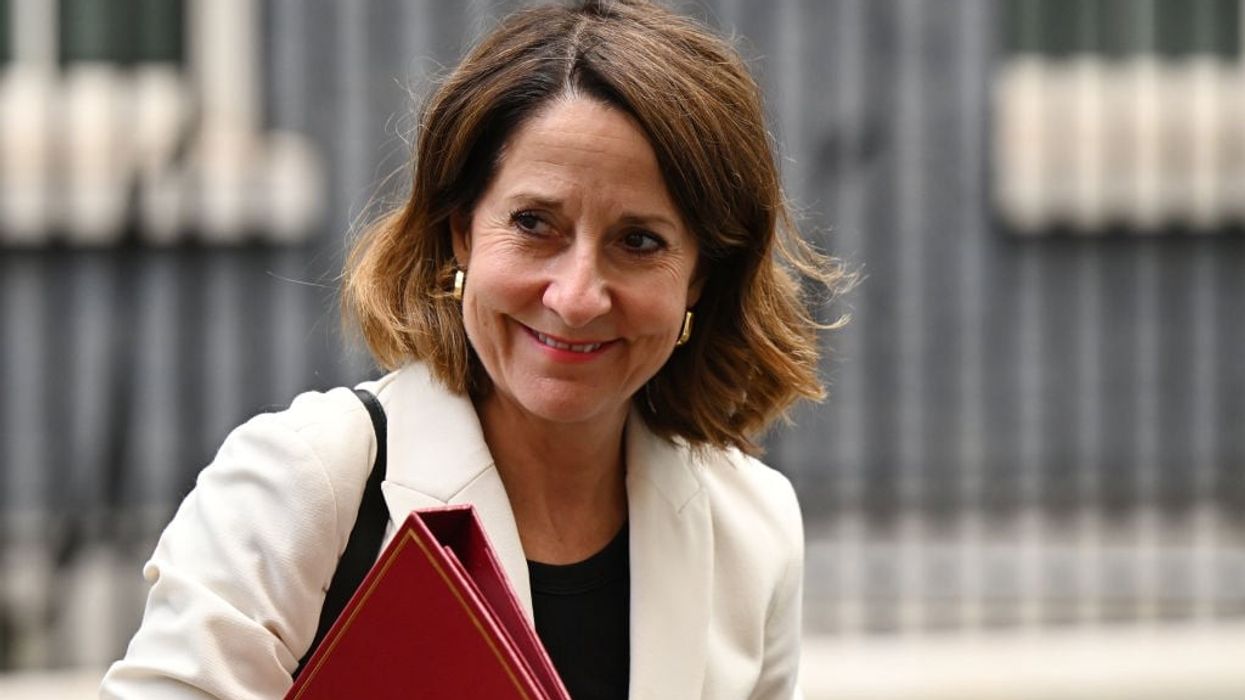THE state pension in the UK is expected to rise by £460 annually from April, according to recent wage data.
This increase comes under the "triple lock" policy, which raises pensions each year based on the highest of three factors: 2.5 per cent, inflation, or average earnings growth. For the three months leading up to July, earnings growth stood at 4 per cent, significantly above inflation rates, driving the anticipated rise, reported the BBC.
More than 12 million people currently receive the state pension. The latest figures from the Office for National Statistics (ONS) suggest that the full, new state pension, for those who reached pension age after April 2016, will increase to £230.05 per week, totalling £11,962.60 a year. This represents a £460 rise compared to the current rate.
Meanwhile, the old basic state pension, for those who reached pension age before April 2016, is expected to rise to £176.30 a week, or £9,167.60 annually, reflecting an increase of £353.60.
An elderly couple watch a race from their boat on the River Thames at the Henley Royal Regatta in Henley-on-Thames, west of London, on July 2, 2024. (Photo by BENJAMIN CREMEL/AFP via Getty Images)Despite the rise, many pensioners will still face challenges, the report said. The government has recently decided to reduce the winter fuel payment, a move that will impact over nine million pensioners.
Under new rules introduced by chancellor Rachel Reeves, these payments will be means-tested, resulting in many pensioners losing up to £300 in support this winter.
The final pension rate for next year will be set by the work and pensions secretary, Liz Kendall, around the time of the budget and may be subject to change if wage figures are revised.
Former pensions minister Steve Webb, now a partner at pension consultancy LCP, pointed out that the new state pension would need to increase by around £250 just to keep up with inflation. Therefore, only about £210 of the proposed rise can be considered a real increase, and that is before factoring in income tax, which many pensioners must pay on their state pensions.
Webb added that for those losing £200 to £300 in winter fuel payments, the pension increase might not fully offset their losses.
The ONS also reported a slowdown in total pay growth, including bonuses, due to the absence of one-off payments to NHS and civil service workers that were issued the previous year.
This decline in earnings growth has led analysts to predict that the Bank of England may reduce interest rates again later this year.
Last month, the bank cut rates to 5 per cent from 5.25 per cent, marking the first reduction since the pandemic began. As the Bank prepares for another meeting, expectations remain for further cuts as wage growth continues to ease, the report added.





